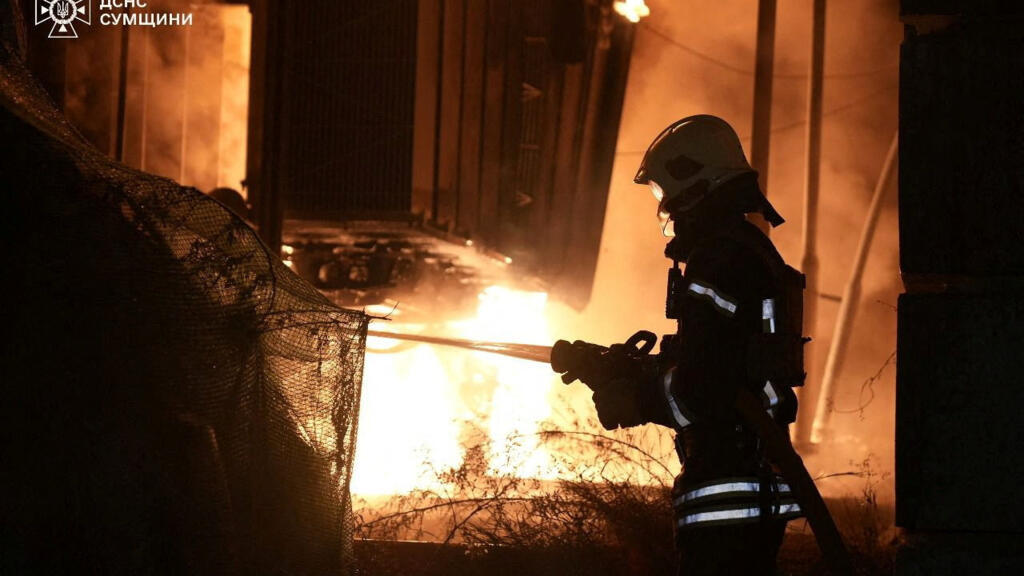Denmark Summons US Chargé d'Affaires Over Greenland Influence Operations
Denmark has officially summoned the United States chargé d'affaires in response to alarming reports indicating that US officials, particularly those with ties to former President Donald Trump, are allegedly engaged in covert influence operations within the Danish autonomous territory of Greenland. This diplomatic move underscores the escalating tensions and concerns regarding foreign influence in the politically sensitive region.
The backdrop of this situation is rooted in Donald Trump's recurrent interest in Greenland, a resource-rich island in the Arctic. Trump has publicly expressed his desire for the United States to annex Greenland, which is known for its vast natural resources, including rare earth minerals and oil reserves. The notion of acquiring Greenland has been a topic of discussion, with Trump suggesting that the United States could pursue this ambition, even hinting at the possibility of doing so by force if necessary. Such statements have raised eyebrows internationally and have compelled Denmark to react defensively.
Reports of US influence operations in Greenland have sparked outrage within Denmark, leading to the summoning of the US diplomat. Danish officials are particularly concerned about the implications these reported actions could have on Greenland's autonomy and its local governance. Greenland, which operates with a significant degree of self-rule, is a critical area of interest for both Denmark and the United States, especially considering the strategic geopolitical landscape of the Arctic region.
The summons of the US chargé d'affaires illustrates Denmark's serious stance on protecting its territory's sovereignty and ensuring transparent relations with allies. Danish Foreign Minister Lars Løkke Rasmussen has emphasized the importance of mutual respect in diplomatic relations, particularly when it comes to Greenland's political autonomy. In light of the US’s alleged overtures, Denmark is standing firm on its commitment to maintaining control over its affairs and ensuring that any external influence does not undermine its governance.
This incident also reflects broader geopolitical trends, where nations are increasingly scrutinizing foreign interests and influence within their borders. As the Arctic region gains prominence due to climate change and the melting ice caps, the race for resources and strategic advantages has intensified, with powers like the US, Russia, and China actively pursuing their interests. Denmark is keenly aware of this dynamic and is taking proactive steps to safeguard its sovereignty against any potential encroachments.
As the situation evolves, it remains to be seen how the US will respond to Denmark's concerns and whether diplomatic channels will effectively address the issues raised. The potential for miscommunication or misunderstanding in such sensitive matters could have lasting implications for US-Denmark relations, particularly in the context of Greenland's future and its role in international politics.












